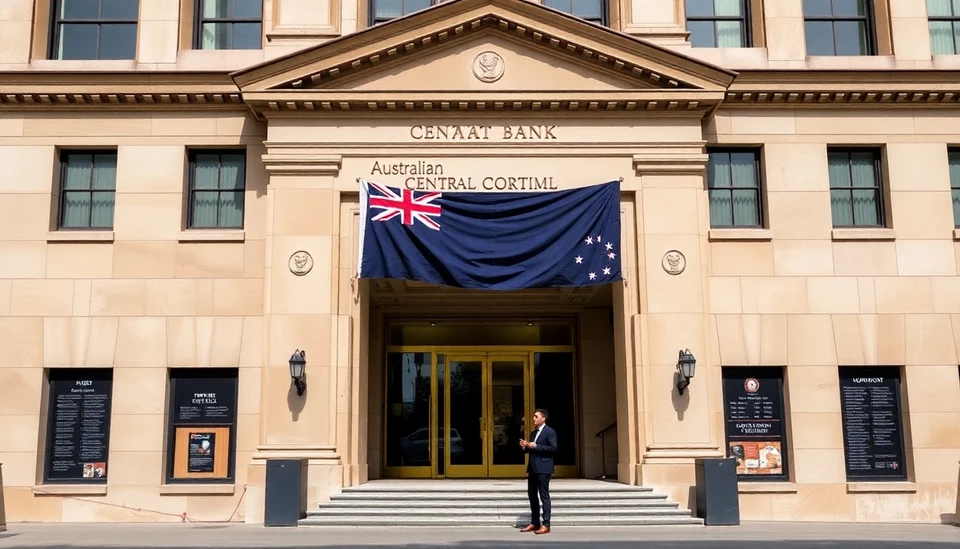
The Reserve Bank of Australia (RBA) has expressed a reassuring stance on the resilience of Australian banks in light of potential tariffs imposed by the United States. In a recent statement, the central bank conveyed its belief that the financial sector could withstand any negative impacts stemming from these international trade tensions.
The outlook was shaped against the backdrop of growing discussions around protectionist policies in the US, particularly under the current administration, which has hinted at imposing further tariffs on various imported goods. This move, officials argue, could create ripples in global markets, potentially affecting economic stability in countries such as Australia, which rely heavily on international trade.
However, the RBA's analysis indicates that Australian financial institutions are well-prepared to handle such disturbances. “We have a robust banking sector that has adapted to various market challenges over recent years, and we don't expect these tariffs to shake their foundations,” the RBA noted in its recent remarks. The central bank highlighted that Australian banks possess strong capital ratios and have been enhancing their risk management frameworks, positioning them to absorb external shocks more effectively.
Furthermore, the RBA acknowledged that while tariffs might create uncertainties in trade volumes and pricing, the overall economic fundamentals in Australia, including steady employment rates and stable consumer spending, are expected to bolster the financial system against any adverse effects.
Markets reacted cautiously to the RBA's reassurances, with analysts remaining vigilant on the potential long-term consequences of US trade policies. Financial experts emphasized the need for Australian businesses to remain agile in adapting to the changing global environment while keeping an eye on tariff developments that could impact export sectors.
The RBA’s statement reflects a broader strategy not only to uphold confidence in domestic banking but also to support overall economic stability as it navigates through these uncertain waters. It reinforces the central bank's commitment to monitoring global economic indicators and their implications for Australia’s financial system.
As trade relationships evolve, the RBA remains poised to adjust monetary policy as necessary to safeguard Australia’s economy, signaling to both consumers and investors that resilience and adaptability are at the forefront of their agenda.
In conclusion, the RBA is optimistic about the Australian banking sector's capabilities to weather the storm of US tariffs, enhancing confidence in a vital part of the nation’s economy and providing a hopeful perspective amid turbulent global trade discussions.
#RBA #AustralianBanks #USTariffs #FinancialResilience #TradeTensions #EconomicStability #MonetaryPolicy
Author: Rachel Greene




